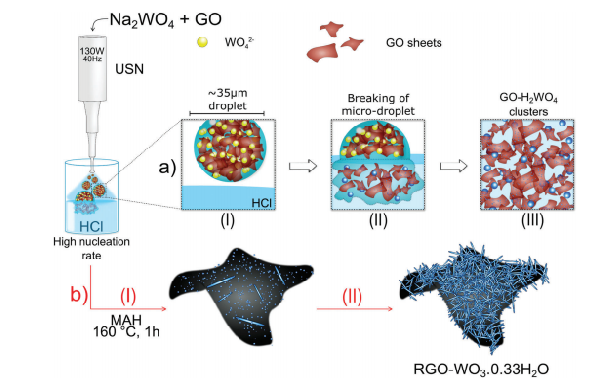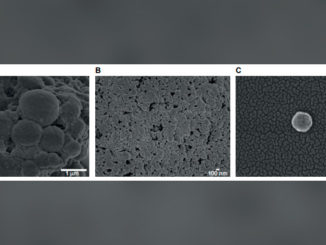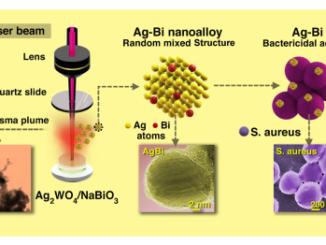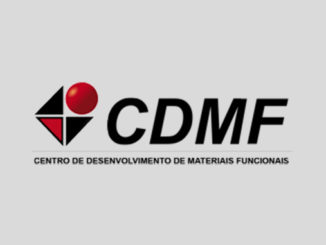
Flexible room-temperature volatile organic compound sensors based on reduced graphene oxide-WO3 center dot 0.33H(2)O nano-needles
Abstract: Flexible sensors have attracted significant attention due to their currently desirable properties and possibility to be applied to any surface and conditions such as wearable electronic devices. Therefore, we prepared volatile organic compound (VOC) sensors based on WO3 center dot 0.33H(2)O nano-needles and their composites with reduced graphene oxide (RGO) on flexible polyethylene terephthalate (PET) substrates. The materials were synthesized via a combination of the ultrasonic spray nozzle (USN) and microwave-assisted hydrothermal (M AH) methods to obtain a single WO3 center dot 0.33H(2)O orthorhombic crystalline phase. The VOC sensing properties of the materials deposited on PET electrodes were studied at room temperature (22 degrees C) and 55% relative humidity. The materials were exposed to acetone, ethanol, isopropanol, acetic acid, and methanol to determine their selectivity. The materials exhibited a good selectivity for isopropanol. The 5% RGO-WO3 center dot 0.33H(2)O composite presented a superior isopropanol-sensing performance, with a response of 4.96 to 100 ppm, which was similar to 1.6 times higher than that of the pure WO3 center dot 0.33H(2)O nano-needles. The materials behaved as p-type semiconductors due to an inversion of the sensitive layer promoted by the adsorption of water molecules on the surface of the material.
Author(s): Perfecto, TM; Zito, CA; Mazon, T; Volanti, DP
JOURNAL OF MATERIALS CHEMISTRY C
Volume: 6 Pages: 2822-2829 Published: 15 Feb 2018
DOI: 10.1039/c8tc00324f




